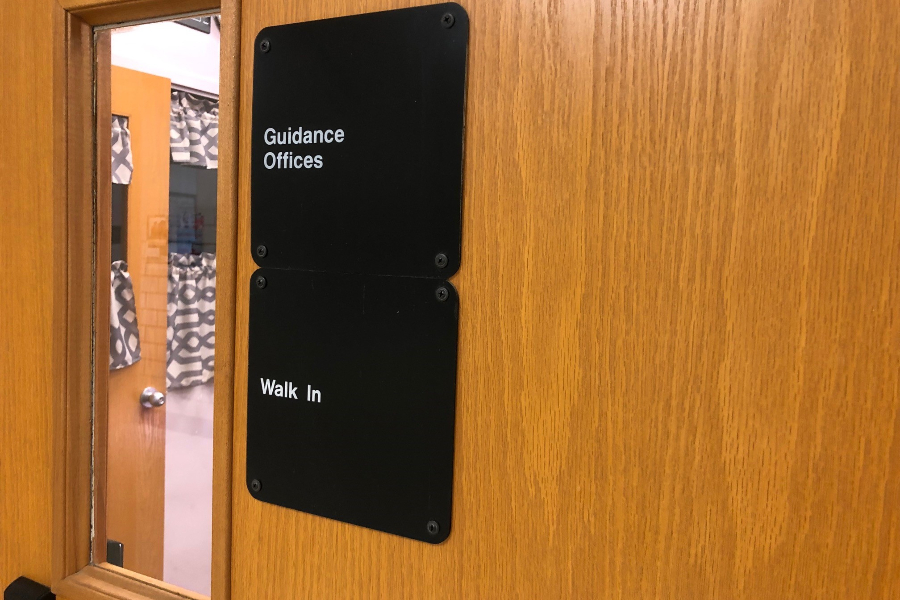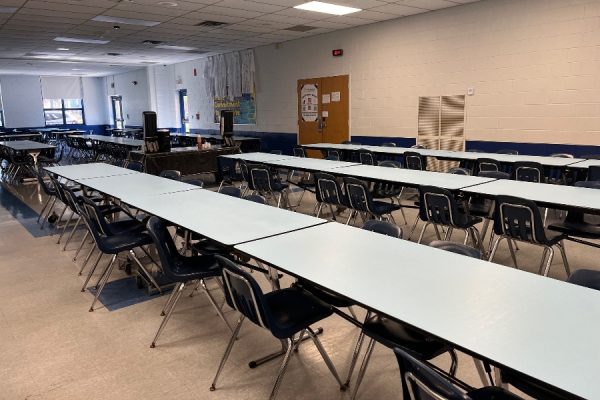Should Students be Excused for Mental Health Days?
Some students find it necessary to miss a day of school when coming would not be helpful to their mental health.
November 16, 2021
Have you ever needed a day off of school because you were too stressed or tired to go?
Days like those are often referred to as mental health days, and as students’ mental health becomes a more important issue, students and educators have begun wondering whether mental health days might be a suitable reason for missing class.
“Acknowledging that students may be experiencing a mental health issue and allowing them to be excused to tend to their mental health encourages conversations with parents,” Debbie Plotnick of Mental Health America tells the magazine neaToday. “It also allows for excused absences for appointments to get them the help they may need.”
Before the COVID-19 pandemic, only a few states had enacted a law that made mental health an excusable absence from school. Those states included Minnesota, Oregon, and Utah. Over the past year, however, more state legislatures have considered adding it to the list of excusable absence from school.
In 2020 to 2021, Arizona, Colorado, Connecticut, Maine, Nevada, and Virginia enacted new laws that allow mental health to be an excusable absence. Now there are 5 new states that are considering adding these new laws, the states are California, Florida, Illinois, Maryland, and Massachusetts.
Mrs. Danielle McNelis, the guidance counselor at the Bellwood-Antis High School said she feels excusing students for mental health days is beneficial. excused for mental health days, and in fact, B-A has been employing this practice for a while.
The key has been finding the line where students might attempt to miss for a mental health day when one is unnecessary.
“We do already excuse students for days when coming into school wouldn’t be the best for their mental health,” Mrs. McNelis said. “Students who have appointments that involve mental health are obviously excused. It’s just like a student bringing in an excuse from the doctor. We want our students to be successful in their high school career, so if it means that we have to give a student a day off to take care of their mental health then that’s what we will do.”
Approximately one in five teens that are aged twelve to eighteen suffer from a mental illness. Twenty to 30 percent of teenagers suffer from depression. In the last year 9 percent have attempted suicide. The number one reason for suicide in young adults is believed to be breakups. Fifty-one percent of students say that they are stressed.
“We know that students will take advantage of the situation, but there’s always a chance of that,” said Mrs. McNelis. “And we do know that not all students will take advantage of it.”
Finding a balance that includes people advocating for their mental health while at the same time not intentionally skipping classes without cause is what Mrs. McNelis and B-A are after.
After all, she said, this is about mental health.
















